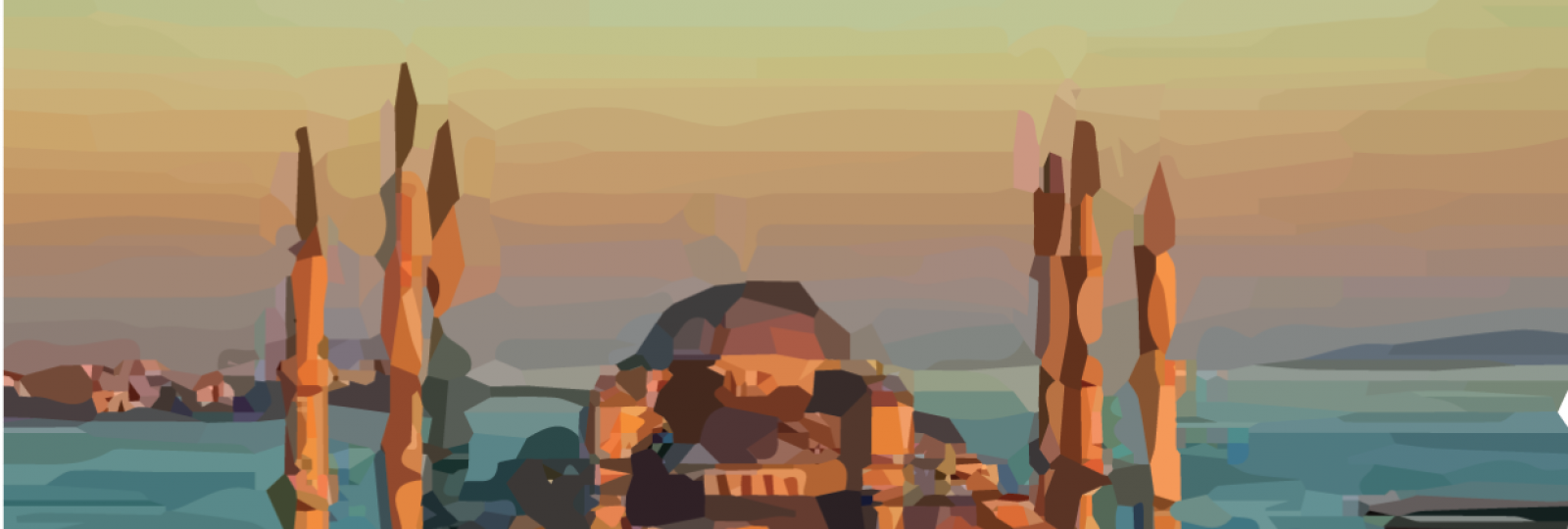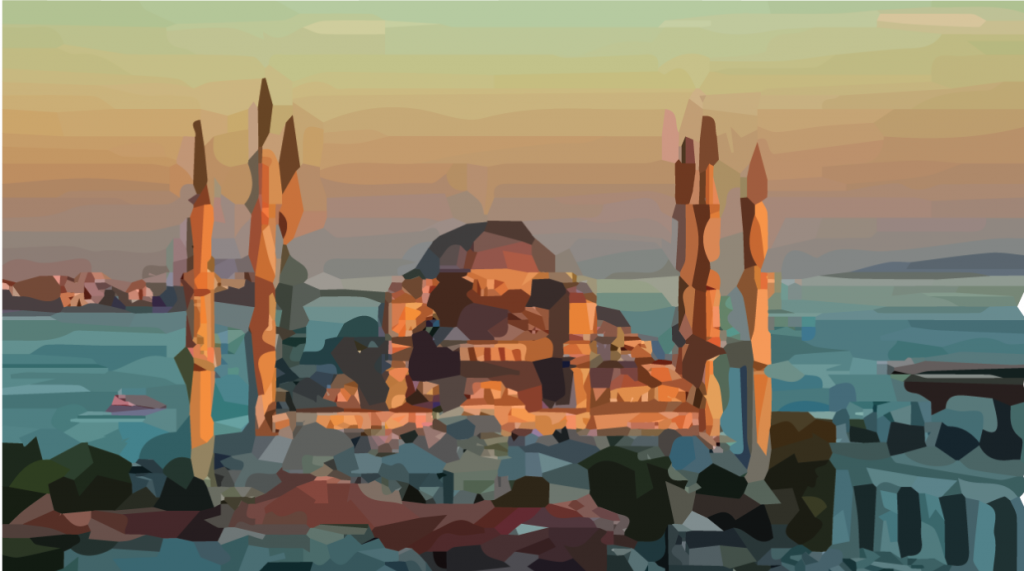To a Year of Worship, Devotion, and Gratitude
Ramadan began on Wednesday, March 22nd this year and people all around the world began their month long fast
Share this story

What is Ramadan? The month of Ramadan is a time for reflection, contemplation, and celebration. The Islamic calendar follows the phases of the moon, known as the lunar cycle. The holy month of Ramadan falls approximately 10 days earlier each year in the Islamic calendar. The Ramadan start date for 2023 began on Wednesday 22 March, following the sighting of the moon over Mecca.
During Ramadan, they fast from dawn to sunset. The word “Ramadan” comes from the Arabic root word “ramad,” which means scorching heat. It is believed that the Quran was first revealed to the Prophet Muhammad (صلى الله عليه وسلم) during the month of Ramadan. During Ramadan, Muslims refrain from eating, drinking, smoking, and engaging in sexual activity from dawn until sunset. The fast is broken at sunset with a meal called Iftar. Iftar refers to the meal eaten at sunset when breaking the fast. Muslims also wake up before dawn for a meal called Suhoor, which is eaten before the fast begins. Suhoor refers to the meal eaten just before sunrise, before starting the fast. The purpose of fasting during Ramadan is to develop self-control, discipline, and empathy for those who are less fortunate. It is also a time for increased spiritual reflection and devotion to God. Sophomore Sanarya Alobaidi says, “People think that we don’t eat or drink for the whole month like actually never, which is funny”.
In addition to fasting, Muslims are encouraged to perform acts of charity during Ramadan. This can include giving money to the poor, volunteering at a local charity, or simply being kind and compassionate to others. Ramadan is also a time for increased prayer and recitation of the Quran. Many Muslims attend nightly prayers called Taraweeh, which are held at Mosques throughout the month. The end of Ramadan is marked by a celebration called Eid al-Fitr, which is a time for family, friends, and feasting. Muslims also give gifts to one another and engage in acts of charity during this time. Junior Resid Suljic says, “We fast every day for 30 days, and eat Iftar each night around 7:30, then we go to our mosque at 9 for prayer”.
Some Muslims celebrate their first fast; “My earliest memory of Ramadan would be the party I got for my first fast. Most Muslim kids, if fortunate enough, will get a party for their first fast. My party was at my house and there were around 100 people. The party was full of my favorite foods and desserts. We all feasted for nearly 2 hours and had a great time,” explains Junior Nabil Sajid.
Can non-Muslims get involved? Absolutely. In the Gulf region, many Iftar and Suhoor events are set up all over the country as a way to bring the entire community together. Even if you haven’t been fasting, you are still welcome to join. Here are a few ways you can get involved
• Exchange Ramadan greetings, especially at the beginning of the month. The word ‘Kareem’ in the phrase ‘Ramadan Kareem’ is equivalent to ‘generous’, so the expression means ‘Wish you a generous Ramadan’.
• Get into the charitable spirit during Holy Month by donating to Ramadan camps, care packages, and other charity organizations.
• Fast along with your Muslim colleagues for a day or two and break the fast together at the time of Iftar.

